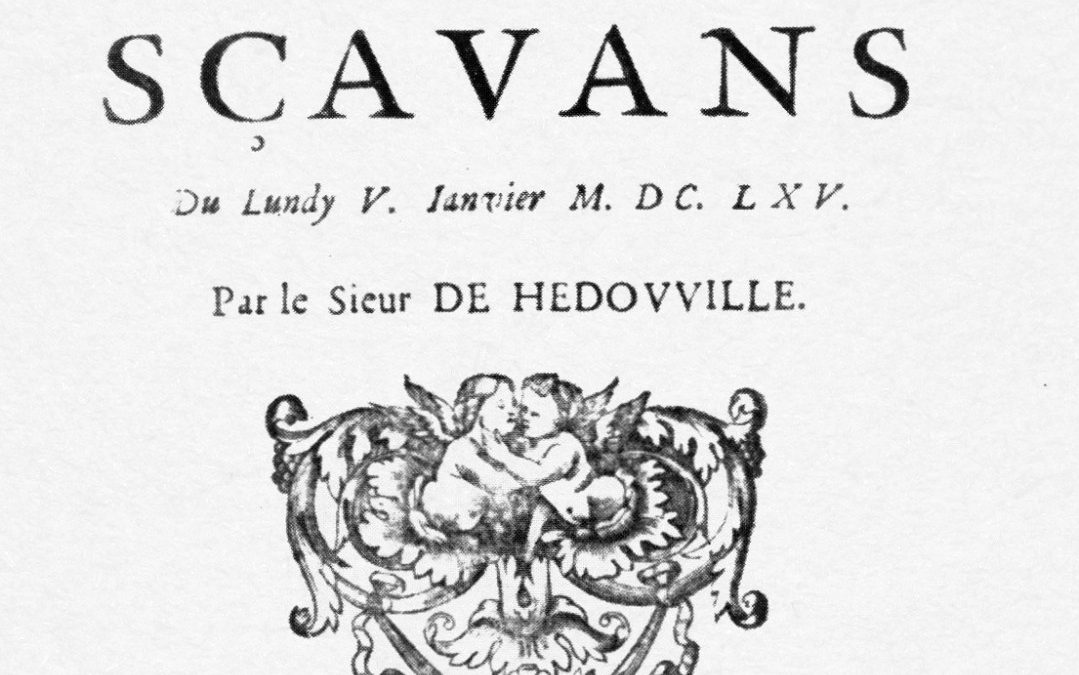
by Richard Subber | Nov 23, 2024 | Book reviews, Books, Joys of reading, Language, Power and inequality
men are not women…
Book review:
A Room of One’s Own
by Virginia Woolf (1882-1941)
San Diego, CA: A Harvest/HBJ Book, 1929, published 1957
118 pages
Virginia Woolf was no stranger to controversy, in her writing and in her life. In A Room of One’s Own, she wrote: “…when a subject is highly controversial…one cannot hope to tell the truth. One can only show how one came to hold whatever opinion one does hold.” (p. 4)
Woolf refers to “men who have no apparent qualification save that they are not women” (p. 27) and she quotes fellow writer Samuel Butler (1835-1902): “Wise men never say what they think of women.” (p. 29)
A so-called Modernist, she wrote: “Women have served all these centuries as looking-glasses possessing the magic and delicious power of reflecting the figure of a man at twice its natural size.” (p. 35)
Even this short work is longer than it needs to be. Woolf’s prose just gushes with energy and insight and realistic gloom. One wonders whether a man has ever written such words.
Woolf claims that a writer needs “a room of one’s own.”
I think a writer can do very well indeed by making a space in which to write,
a space in the mind or somewhere in the house.
* * * * * *
Book review. Copyright © Richard Carl Subber 2024 All rights reserved.
The “dime novels” in the Civil War
Think “blood-and-thunder”…
–
In other words: Poems for your eyes and ears with 64 free verse and haiku poems,
and the rest of my poetry books are for sale on Amazon (paperback and Kindle)
and free in Kindle Unlimited, search Amazon for “Richard Carl Subber”
* * * * * *

by Richard Subber | Nov 17, 2024 | Book reviews, Books, Joys of reading
…good storytelling…
Book review:
The Sea-Hawk
by Rafael Sabatini (1875-1950)
New York: Grosset & Dunlap, 1924
366 pages
Sabatini always invites the reader to get comfortable, to enjoy reading for literate pleasure, to relish good storytelling.
The Sea-Hawk has enough swash and buckle for any Sabatini fan.
Sir Oliver is a Cornish lord, a superman, and a wannabe corsair who can more or less bend steel with his bare hounds. Rosamund is the gentle lady of his heart’s desire. They get together at the end, but they have some swamps and fire and soul-searching to go through before they get to that entirely predictable end.
No reader—with or without delectable experience of Sabatini’s literary style—could fail to imagine the final outcome after reading just a few pages.
This inevitable foreknowledge is part of the appeal. You know how it’s going to turn out. You know that Sir Oliver and Rosamund will be smitten with self-doubt, and enlarged by courageous idealism, and sustained by everlasting love.
Sabatini makes it entirely comfortable to enjoy every minute of it, and he has the civilized decency to avoid any mention of heaving bosoms. The reader’s imagination has its own work to do.
p.s. The Sea-Hawk is a lot like Sabatini’s Scaramouche, except there’s water.
* * * * * *
Book review. Copyright © Richard Carl Subber 2024 All rights reserved.
Book review: The Snow Goose
…sensual drama, eminently poetic…
by Paul Gallico
–
As with another eye: Poems of exactitude with 55 free verse and haiku poems,
and the rest of my poetry books are for sale on Amazon (paperback and Kindle)
and free in Kindle Unlimited, search Amazon for “Richard Carl Subber”
* * * * * *

by Richard Subber | Oct 19, 2024 | Book reviews, Books, Human Nature, Joys of reading, Tidbits
give your arm to a loved one…
Book review:
The Gifts of Imperfection:
Let Go of Who You Think You’re Supposed to Be
and Embrace Who You Are
by Dr. C. Brené Brown (b1965)
Center City, MN: Hazelden, 2010
135 pages
Dr. Brown offers this “tough lesson” from her life:
“How much we know and understand ourselves is critically important,
but there is something that is even more essential to living a Wholehearted life:
loving ourselves.”
This book moved me to think about changing the way I think about life, and my life.
Give yourself a gift: take time to read The Gifts of Imperfection and then D.I.G. into your life.
That is, start consciously thinking about wholehearted living and tell yourself a lot of truth, and then:
Get Deliberate about doing the right things for you, in all your glorious imperfections,
Get Inspired to acknowledge what you’re doing in all your loving relationships, and
Get Going, take the next steps in actually living a love affair with yourself and all you can be…
…and don’t mind if you stumble now and then, and give your arm to a loved one now and then…
…and have good intentions, and take the agony and the ecstasy as they come.
Quote is from The Gifts of Imperfection, p. xi.
* * * * * *
Book review. Copyright © Richard Carl Subber 2024 All rights reserved.
Book review:
American Scripture:
Making the Declaration of Independence
…basically, it’s trash talk to King George
by Pauline Maier
–
Writing Rainbows: Poems for Grown-Ups with 59 free verse and haiku poems,
and the rest of my poetry books are for sale on Amazon (paperback and Kindle)
and free in Kindle Unlimited, search Amazon for “Richard Carl Subber”
* * * * * *

by Richard Subber | Sep 17, 2024 | Book reviews, Books, Books Commentary, Joys of reading, Language, Reflections
“…and even make us laugh…”
“When writers make us shake our heads
with the exactness of their prose and their truths,
and even make us laugh about ourselves or life…”
Anne Lamott (b1954)
in her book Bird by Bird: Some Instructions on Writing and Life
p. 237
The “exactness” part truly is the hard part.
I try to make the meaning of my poems so clear that they wake up your mind.
Then you can laugh about it, shout about it…
* * * * * *
Book review. Copyright © Richard Carl Subber 2024 All rights reserved.
Book review: The Poems of Robert Frost
Bob hears bluebirds talking…
–
As with another eye: Poems of exactitude with 55 free verse and haiku poems,
and the rest of my poetry books are for sale on Amazon (paperback and Kindle)
and free in Kindle Unlimited, search Amazon for “Richard Carl Subber”
* * * * * *

by Richard Subber | Aug 24, 2024 | Book reviews, Books, Books Commentary, Joys of reading, Language
…a “man of letters”…
Book review:
Literary Life: A Second Memoir
by Larry McMurtry (1936-2021)
Simon & Schuster, 2009
McMurtry moves me to want more, read more…
It’s incredibly easy to read McMurtry—I’ve read Books: A Memoir, Walter Benjamin at the Dairy Queen, and now Literary Life. Time after time, it seems that he writes in an off-hand way; thoughts and scenes and chapters can end very abruptly. Yet, the work seems polished. The prose is spare, as Larry acknowledges.
I am titillated by his familiar references to so many authors and works. I would love to be a “man of letters,” as McMurtry claims to be. The draw for me is McMurtry’s immersion in books. I would be thrilled to own 200,000 books. Desperately thrilled.
I’m pretty sure that McMurtry’s passionate engagement with books and authors is a believable lifestyle. His many references to re-reading books is a believable commitment.
Since I retired nearly 20 years ago, I have, from time to time, envisioned taking the pledge to read the entire oeuvre of an author I like. Now I am moved to read McMurtry’s books. I plan to re-read Books and Literary Life to get clues about how to read them. I’ll consider reading his works in order by pub date, except for the Lonesome Dove and Berrybender tetralogies, of course.
I don’t think I’ll be disappointed.
* * * * * *
Book review. Copyright © Richard Carl Subber 2024 All rights reserved.
Will the last monkey cry?
the new reality…
As with another eye: Poems of exactitude with 55 free verse and haiku poems,
and the rest of my poetry books are for sale on Amazon (paperback and Kindle)
and free in Kindle Unlimited, search Amazon for “Richard Carl Subber”
* * * * * *

by Richard Subber | Aug 20, 2024 | Book reviews, Books, Books Commentary, Joys of reading
It all got started in 1665…
A book review is something of value.
At least, it tells you something about a book you haven’t read.
Let’s be candid: if you don’t know anything about the book reviewer, the value—not necessarily the quality—of the review is diminished. (I’d love to have an encyclopedia of the multiple reviews of reviewers who do it for a living.)
Book reviews aren’t as old as the hills.
In 1665 the Journal des Sçavans in Paris was a precursor of published book reviews, with non-opinionated summaries focused principally on publications dealing with biology and technology.
What we think of as book reviews can be dated to the 18th century, when magazines (also a new publishing concept at that time) began offering essays about books. An increasing number of books were being published in that era, and this created an audience for the reviews.
The words “book review” made it into print as early as 1861. Harvard professor Jill Lepore notes that “In the 19th century, an age of factories and suffrage, literacy rates increased, the price of books fell, and magazines were cheaper still. A democracy of readers rose up against an aristocracy of critics.” Book reviewing found its niche.
Fun fact: Edgar Allan Poe was a notoriously caustic reviewer in the middle of the 19th century.
In 1900 an anonymous “Veteran Book Reviewer” wrote a piece for The Independent that was titled “Up-to-Date Book Reviewing.” Book reviewing had become a craft.
Today, with universal access to the internet, anybody can be a book reviewer. Fer gosh sakes, some folks think that worthwhile book reviewing is in decline because there are too many books to review.
I’d like to say there oughta be a law.
Ain’t gonna stop me from reading.
* * * * * *
Book review. Copyright © Richard Carl Subber 2024 All rights reserved.
Book review: Tales from Shakespeare
summaries by Charles and Mary Lamb…
Seeing far: Selected poems with 47 free verse and haiku poems,
and the rest of my poetry books are for sale on Amazon (paperback and Kindle)
and free in Kindle Unlimited, search Amazon for “Richard Carl Subber”
* * * * * *





